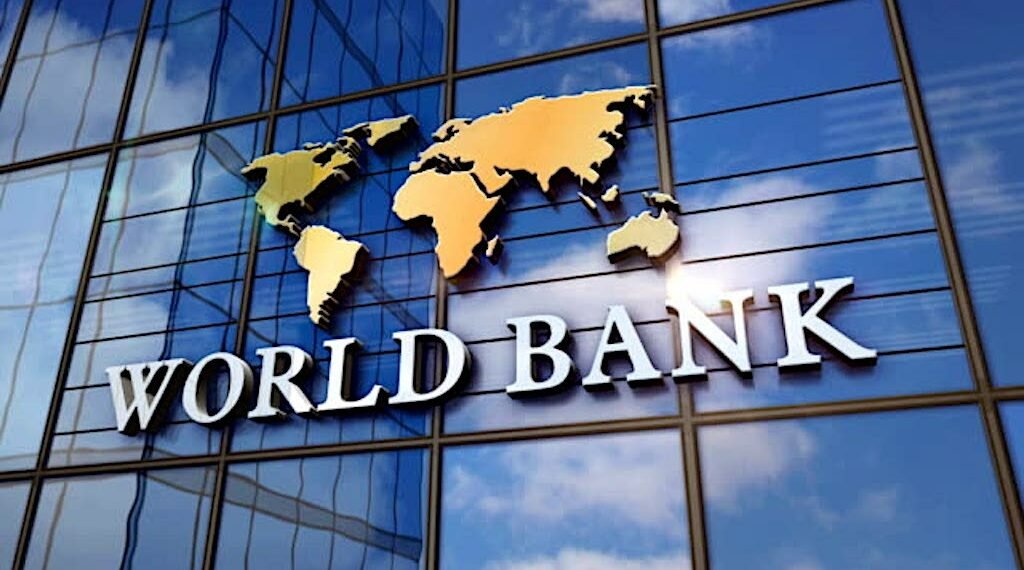
In a landmark decision, the World Bank has approved $1.5 billion in budget support for Ethiopia, marking the first time the international financial institution has provided this type of direct financing to the country. This significant move aligns with Ethiopia’s efforts to advance its debt restructuring and implement vital economic reforms.
The World Bank’s decision follows closely on the heels of Ethiopia securing a $3.4 billion program from the International Monetary Fund (IMF). This IMF program came as a response to Ethiopia’s central bank floating the birr, a significant step in liberalizing the country’s foreign currency market. The new exchange rate policy aims to align the birr’s value more closely with market conditions, facilitating better economic stability and transparency.
The $1.5 billion financing package from the World Bank includes a $1 billion grant and a $500 million low-interest credit line. This package represents the first direct budgetary support facility that the World Bank has extended to Ethiopia, underscoring a pivotal moment in the country’s economic trajectory. The funding is part of a larger $10.7 billion financial package that Ethiopia is receiving from the IMF, World Bank, and other international lenders.
The World Bank’s financial support is contingent upon Ethiopia’s government implementing crucial economic reforms. One of the key reforms involves liberalizing the foreign currency market, a measure that is expected to enhance the country’s economic resilience and attract foreign investment. This reform is particularly vital as Ethiopia navigates the complexities of debt restructuring, seeking to balance growth with financial stability.
Ethiopian officials have expressed optimism about the financial package, viewing it as a crucial component in the nation’s broader economic strategy. The support from international lenders, including the World Bank and IMF, is seen as a vote of confidence in Ethiopia’s reform agenda and its potential for economic recovery and growth
The approval of the $1.5 billion financing package is a significant development for Ethiopia, a country that is the second most populous in Africa. The financial support is expected to bolster Ethiopia’s budget, allowing the government to fund critical public services and development projects. It also provides a much-needed buffer as the country works to stabilize its economy amid global economic uncertainties.
The World Bank’s engagement with Ethiopia through this budget support facility signals a strengthened partnership and a commitment to assisting the country in its economic transformation journey. The focus on economic reforms, particularly in liberalizing the foreign currency market, is seen as a positive step toward greater economic openness and integration into the global economy.
As Ethiopia continues to implement these reforms, the country’s leadership has emphasized the importance of sustainable economic practices and maintaining a balance between growth and debt management. The $10.7 billion financial package from the World Bank, IMF, and other lenders is expected to play a crucial role in achieving these goals.